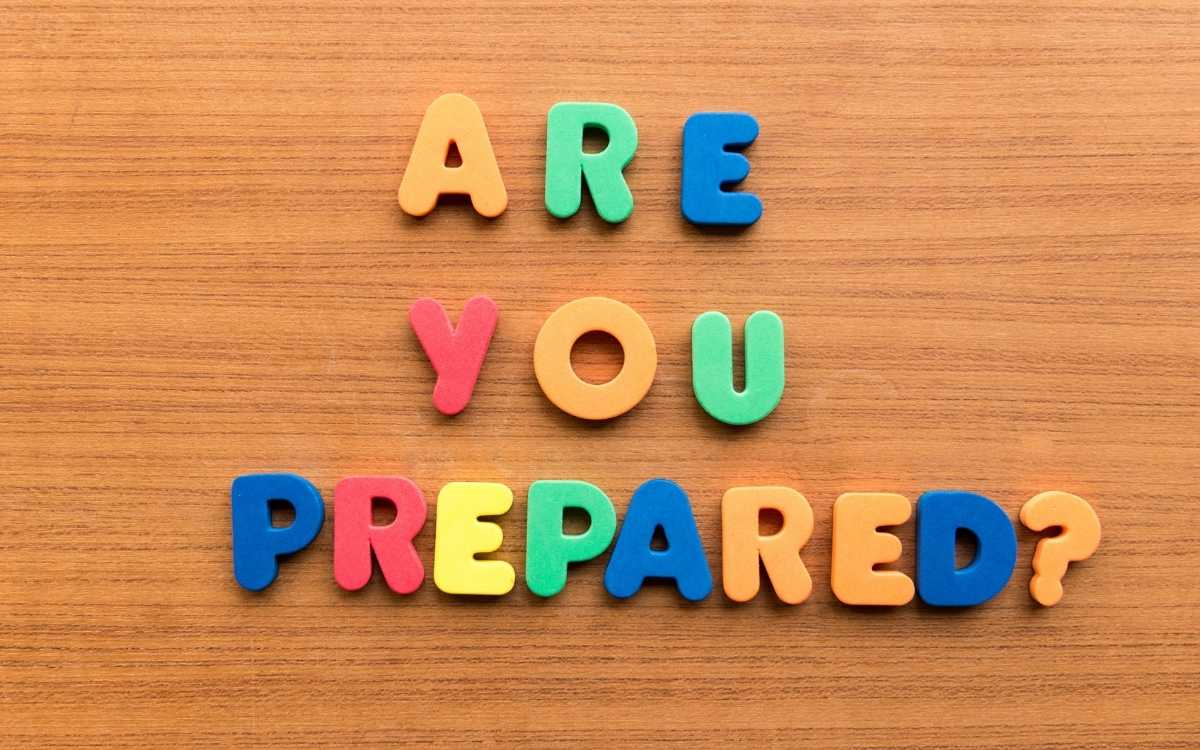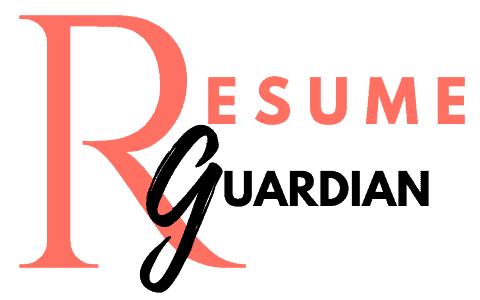
You have applied for various job openings, and finally, you have a call for a job interview scheduled after two days. Do you feel you’re not ready for the interview and need more time to prepare? If yes, it’s common for most candidates to get this feeling – you’re not alone.
When you started applying for jobs, you might have thought, “When should I start the interview preparation?”- Should I wait until the hiring manager calls or emails me to say I have an interview? Or should I kick start with the preparation in the hope that I will eventually get an interview call?
So ideally, how long should you prepare for job interview?
Preparing for job interviews should start even before applying for jobs. Generally, one month is good to prepare for interviews sufficiently, but it also depends on individual preferences and confidence levels. Having a deadline for interview preparation is critical; else it could result in endless preparation.
This article will help you understand when to start preparing for job interviews and the right approach to prepare for an interview.
Start your Job Interview Preparation Before you Start Applying for Jobs

You have applied for several jobs in an industry with several job openings available at the moment. And your CV is good enough and matches the job role requirements. There’s a high probability you will get an interview call.
When employers schedule an interview, they don’t usually give you weeks of preparation time – your interview could be scheduled by a phone call right away or within a couple of days.
Start preparing for your job interviews before you send out the job application. You don’t have to wait until you get an interview call with a confirmed date and time.
Once the employer sends out an interview call, there’s not much time to prepare, and you could hit panic mode, increasing your stress and nervousness.
Contrary to popular belief, the style and technique of interviewing are not unique to any particular company. Over 70% of the questions are the same regardless of the industry. Prepare for one interview, and you’re good to go for all.
When employers schedule an interview, they don’t usually give you weeks ofpreparation time – your interview could be scheduled by a phone call right away or within a couple of days.
What’s the Right Approach to Preparing for an Interview?

Your resume should show how well you can do the job description. This condition is satisfied because you have got the job interview. But, if you don’t provide an example of how you handled difficult clients or made decisions in the past, the employer will not believe you can do the job.
You can convince your potential employer using a simple three-step framework:
- Find out what your employer wants.
- Get evidence from your career that you have the skillsets and experience.
- Narrate to the hiring manager how you can help the company systematically using your skillsets and expertise.
To find out what your employer wants, analyze the job description, and understand the major skillset and gaps your potential employer is looking to fill.
Gathering evidence based on your work experience and skillsets should be a significant part of your preparation for any job interview. Sit down and think through all the jobs you have done in your career and all skills you’ve acquired over time.
Note which of your skillset and project/s should be the highlight of the interview and how you could apply those skills to help your potential employer achieve their targets.
Prepare for job interviews using a 3-step framework (1) What the employer wants (2)Find your relevant work experience and skillsets that satisfies (3) Explain to the hiring manager how you could help the company.
Analyze the Job Description Against your Skillsets and Work Experience

The ideal alignment between your qualifications vs. the job requirements should lead to you being considered a serious candidate.
Take a printed copy of the job description and a highlighter. Go through the job responsibilities, required experience and the competencies section of the job description line by line, and highlight the important ones which would give you clues on how to prepare for the interview.
Visualize the questions the interviewer could ask – typically, this covers three sections -, job responsibilities, work experience, and skillsets. Prepare answers linking your skillsets/experience to the responsibilities indicated in the job description.
Linking your skillsets to the job description is the most crucial part of preparing for any job interview – this could exponentially increase your confidence levels and chances of getting hired. Knowing what your interviewer wants from you, and preparing yourself mentally to answer those questions, gives you a great headstart to winning the interview game.
Analyse the job description to figure out how your skillsets and work experience can fill the gap. Figuring this out before the interview is a major win that significantly enhances your chances to land that job offer.
Research The Company and Its Products and Services

Researching potential employers can help you land a job that fits your interests and schedule an interview. It can also help you narrow down the type of job that interests you and prepare for an interview.
So what’s the research you could do about the company?
- Study the company’s core mission – Ensure that it has clear goals and fits within your interests.
- Products and Services Offered by the Company – Research the company’s financial situation and what kind of products and services it provides. Understand the company’s current state, potential profitability, immediate concerns, and how you could contribute to helping the company achieve its targets.
- Company Perks Offered to Employees – Companies usually disclose various perks and benefits, such as employee stock options, flexible work arrangements, and special onsite facilities. Research these options to see if it suits your expectations.
- People who make the Company – Knowing the company’s leaders and employees is essential. Browse through the company’s website, and try to find out about the people who make the company go.
Researching and gathering information about the company, it’s products and services offered, and people who make the company, can help you tailor your answers accordingly during your job interview.
Prepare for Common Interview Questions and Create an Answer Framework

While it’s good to be prepared for commonly asked interview questions, it’s not recommended to remember a fixed answer and repeat it during the interview – it might sound mechanical.
A good approach to answer common interview questions is to prepare a general skeleton or framework, so you don’t come across as totally unprepared. You can then insert your tailored answers within this general framework, so you get an overall idea of how your answers should flow during the interview.
5 of the most common interview questions in any job interview are:
- Tell me about yourself.
- Tell me about this job experience (or) project in your resume.
- Why do you want to work for this company?
- Why are you looking for a job?
- Why should we hire you?
Preparing for a job interview means taking time to understand the process, researching the company, preparing a framework to answer any of the common interview questions and presenting yourself in the best possible way to interviewers.
Final Thoughts
Spectacular achievement is always preceded by unspectacular preparation.
Robert H. Schuller
Once you start preparing, you will see your anxiety and stress levels drop. How many hours to prepare per day is person dependent. Put in as many hours of preparation as required to boost your confidence.
You will notice that your confidence levels will increase after a few days of preparation. Contrary to popular advice of “deep breathing” and “meditation” techniques to calm you down, more preparation and practice are the keys to significantly boosting your confidence levels.
You have control in your hands. Start preparing today; once your confidence levels are high enough, the rest naturally falls in place. All the best!






